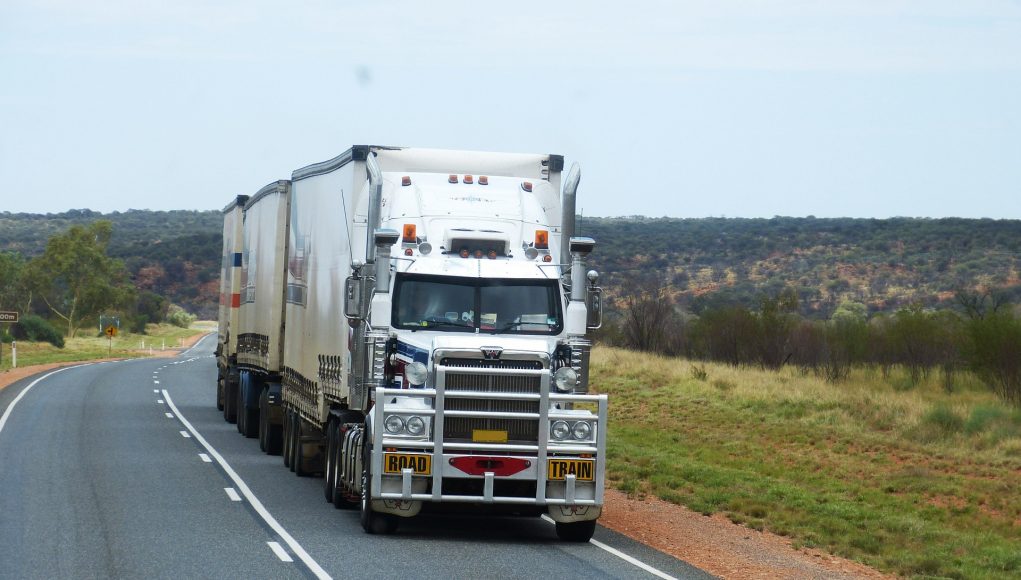As a business owner, the security and future success of your business is your biggest priority. Ensuring you have the correct level of haulier’s liability insurance is key to steering clear of any possible financial pit-falls. From employer’s liability insurance for a UK courier company to roofer’s public liability insurance for a building firm, there are policies to suit every business.
You want to make sure that you have every possible legal service to protect you from third-party claims or costs incurred by causing accidental injury or damage. There are a variety of different services provided by fleet insurance companies to offer different levels of protection. The type and amount of cover you will need will depend on the size of your business and the level of risk involved for your industry sector. Insurance providers offer a whole range of different policies, so shop around before you make your decision.
Employers liability
It is compulsory for UK businesses to have employer’s liability insurance if they employ staff and failure to have it could incur hefty fines. This will cover compensation for medical costs, loss of income, legal fees and other damages relating to an employee becoming ill or injured as a result of their work. Policy details can vary depending on the specific risks of an individual business but the minimum cover is £5 million. The risk of accident and injury is far greater for a fleet business than that of a retail shop due to operating large machinery. Not only is this cover a legal requirement, but it is important to protect your business in case of a law suit that could cost a fortune in fees.
Public liability
Although it isn’t a legal requirement in the UK, public liability insurance is an essential for protecting your business in the event of causing injury to a member of the public or their property. Public liability insurance will cover you for medical costs, loss of earnings, legal fees and ongoing care. Standard cover ranges from £1 million to £10 million with the amount depending on the size of your business and the level of risk involved in your line of work. Roofers public liability insurance will require a higher amount than insurance for a furniture delivery company as working at height and with dangerous machinery significantly increases the risk. For smaller businesses, the amount offered by insurance providers may seem high but if a third party were to claim against your business, costs could soon stack up so make sure you’re properly covered.
Breakdown Cover
A broken-down lorry full of goods that need delivering is the last thing you want. Having breakdown cover will mean you will receive 24/7 road-side assistance repair as well as towing to the nearest garage if it can’t be repaired at the roadside. You can also add on home start (from the office) in case a vehicle fails to start or European recovery if you are delivering overseas. Another extra is receiving a replacement vehicle depending on the vehicle type and size to get you from A to B when you need it. Having this level of cover could be really beneficial to keep your business activity flowing smoothly.
Goods in transit insurance
You want to ensure your business finances are covered in the event of goods theft or accidental damage. Goods in transit insurance covers all items being transported in the course of business by vehicle in case of a collision or a vehicle is broken into. Couriers for online retailers are prime examples of fleet businesses in need of this level of cover. Footing the bill for a vehicle full of HD TVs could cost a pretty penny and you don’t want that coming out of your own pocket! Getting this level of cover will help keep your business finances secure should the worst happen.
Legal Protection Cover
Having legal protection as an add on would provide free legal help and cover solicitor fees to assist in claiming back any uninsured losses, such as policy excess, loss of earnings and injury claims. You can also choose to receive a replacement like-for-like vehicle whilst one from your fleet is being repaired. This is an additional layer of cover to ensure your business interests are safe and you are informed if any legal issues arise.
Fleet Insurance over single truck insurance
Rather than having separate policies for each vehicle within your fleet, you can simplify things greatly by opting for fleet insurance instead. The minimum number of vehicles needed to select this option is 2 vehicles and lots of insurance providers have no maximum to include larger companies. You can even have various vehicle types under one policy and include vehicles with a gross weight of up to 60 tonnes – the possibilities are endless! Opting for a fleet policy allows for greater flexibility and lower overall cost to you than with separate policies. You can rest easy knowing that all of your vehicles and drivers are covered in the event of an incident without breaking the bank.
There are many legal services to improve the security of your business and ensure the smooth running of day to day activity. Let no obstacle stand in your way, from a broken-down lorry with a flat battery to accidentally damaging an onlooker’s car whilst reversing – there’s nothing that can’t be quickly dealt with and resolved when you have the right cover. Policies can be adapted to the individual risks of your industry sector so it is important to check you are covered for every possible eventuality before committing to a policy. If there are any areas where you feel you may be lacking appropriate cover, you must rectify this with your insurance provider as soon as possible.
These 6 legal services available from insurance providers will help keep your business secure and fully covered in the event of any accidents or claims against your company.
















